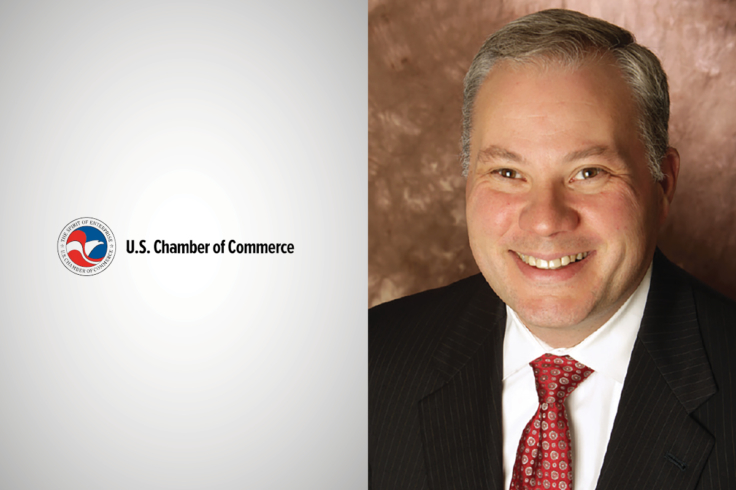Government Mandates Risk Undermining Meaningful ESG Disclosures and Responsible Corporate Governance
A growing number of companies routinely produce Environmental, Social and Governance (“ESG”) information. And for good reason: employees, investors, community partners, and other stakeholders want to better understand how companies are factoring ESG considerations into their corporate governance decision-making.
Today, there is not a standard ESG playbook because the challenges and opportunities in ESG vary widely depending on a company’s industry, footprint, and investor base. What is a meaningful environmental issue for one company can be entirely irrelevant for another.
ESG disclosures are sensitive and responsive to varying circumstances, making them different from the kinds of disclosures mandated by the government that primarily focus on financial performance, financially quantifiable risks, governance, and legal compliance. Revenue, expenses, and conflict of interest disclosures are material no matter what a company does, whereas what ESG metrics could be determined to impact investment decisions can vary significantly.
Materiality has been at core of the U.S. approach to mandatory investor disclosures for decades, because it ensures that investors are provided with decision-useful information and are not, in the words of the Supreme Court, “bur[ied] in an avalanche of trivial information.” The materiality standard also keeps corporate disclosure tied to the economic return and long-term performance of companies.
For years, the U.S. Chamber has worked closely with public companies and investors to promote a system of market-based disclosure standards for ESG and, in 2019, released a set of best practices for disclosing material ESG information.
But now, the Securities and Exchange Commission (SEC) may uproot the voluntary and discrete disclosure system to take a vastly different approach, mandating a full range of “one-size fits all” ESG disclosures. If done poorly, such a system could make ESG disclosures less meaningful for stakeholders and for responsible corporate governance.
First, the type of disclosure mandate being contemplated would put the government at the center of decisions about what information is important and meaningful for investors. This approach would go against what SEC Chair Gary Gensler himself said during his confirmation hearing: “it’s the investor community that gets to decide what is material to them. It’s not a government person like myself.”
Second, because companies can be held liable for what they say in SEC disclosures, a mandatory, top-down rule could result in ESG disclosures that are littered with legal caveats and turns of phrase that make it nearly impossible to understand what a company intends to achieve through its ESG goals. Ironically, a mandatory SEC disclosure may end up providing less information to stakeholders because companies may be forced to communicate less openly and less clearly about future developments.
For example, many companies have made important commitments around reducing carbon emissions, but achieving these goals often relies on innovation in market segments that a company does not control. Because these company goals look to the future, attaching liability to them could actually discourage companies from making internal strategies available to stakeholders, shareholders, and the public.
A survey conducted earlier this year by the U.S. Chamber and seven other organizations found that public companies have significantly increased the amount of climate change information they disclose: 59% say they are disclosing more information regarding climate change than they were a decade ago, while nearly two-thirds regularly communicate with their shareholders about the evolving risk of climate change. A “government-knows-best” rule could undermine this progress.
The Chamber will continue to work with public companies, investors, the SEC, and Congress on these critical issues to foster a system of corporate disclosure that is based on materiality and the needs of the investor while also ensuring that companies share important ESG information with a broad range of stakeholders. Such a system will help maintain U.S. leadership in global capital markets for years to come.
– Tom Quaadman, Executive Vice President of the U.S. Chamber Center for Capital Markets Competitiveness and Senior Advisor to the President and CEO



